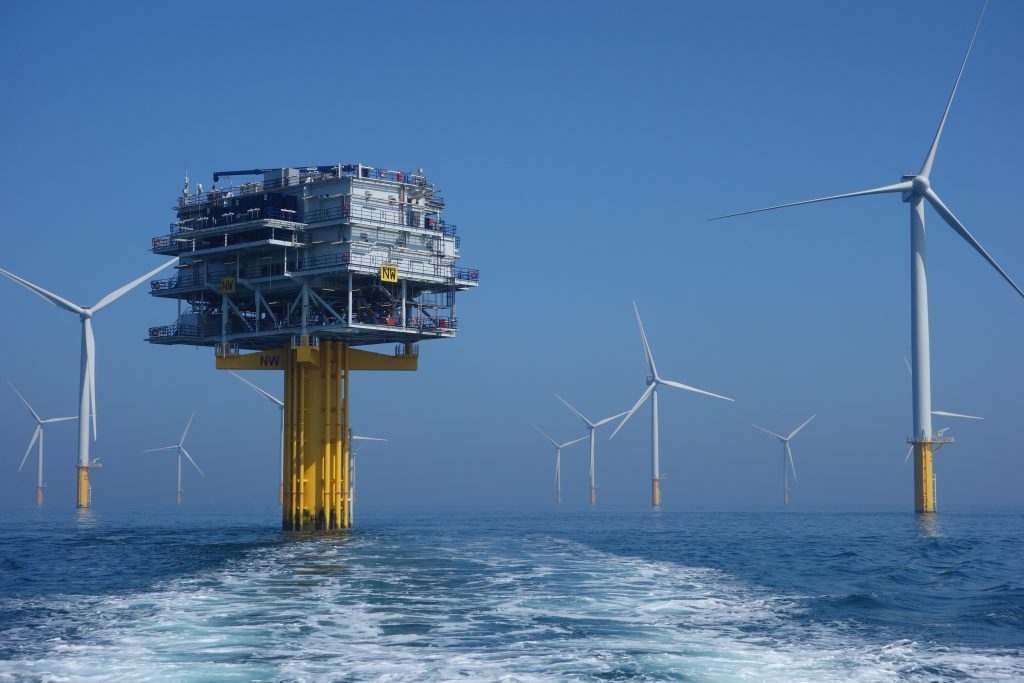
Energy policies around the world could see renewables making up two-fifths of power generation by 2040, the International Energy Agency has said.
But the projection, based on existing policies and measures which governments have already announced, would also see carbon emissions from energy increase slightly up by 2040 – “far from enough” to avoid severe climate change.
Natural gas would grow globally as would oil demand, despite the rise in electric cars, while coal use would plateau, the latest annual World Energy Outlook report suggests.
And while global emissions of key air pollutants are projected to fall, health impacts remain severe, with the number of premature deaths from outdoor air pollution rising from three million today to four million in 2040, the IEA said.
A different scenario in which the world manages to cut emissions enough to avoid temperature rises which cause dangerous climate change would see an early peak in carbon dioxide output and a subsequent rapid decline.
This would require low carbon energy sources such as renewables and nuclear power to double their share of the total energy mix – power, heating and transport – to 40% in 2040, and for countries to pursue all avenues to improve efficiency.
Coal demand would go into an “immediate decline”, with oil consumption peaking soon after.
Power generation would be “all but decarbonised”, with renewables generating more than 60% of global electricity by 2040, with 15% from nuclear and 6% from conventional power stations fitted with technology to capture and store carbon emissions.
Under such a scenario, natural gas becomes the largest single fuel in the global mix, as it is cleaner than oil and coal and can provide flexibility with renewables, but leaks of methane – a potent greenhouse gas – associated with the fuel need to be tackled, the IEA said.
The report comes after scientists revealed carbon emissions from fossil fuels and industry had risen in 2017 to record highs, undermining hopes the world had reached a peak in pollution which drives climate change.
The first rise in four years prompted scientists to warn time is running out on the ability to keep temperature rises to levels that could avoid dangerous climate change.
Global carbon emissions need to fall to zero in the second half of the century in order to meet targets to keep temperature rises to “well below” 2C, a goal all countries have signed up to under the Paris Agreement on climate change.
Environmental campaigners criticised the IEA for focusing on a future where climate goals would not be met.
Adam Scott of Oil Change International, said: “The IEA’s cheerleading for fossil fuels continues to undermine climate action around the world.
“The IEA needs to show the way to climate safety, not lead us to further carbon-dependence.”
